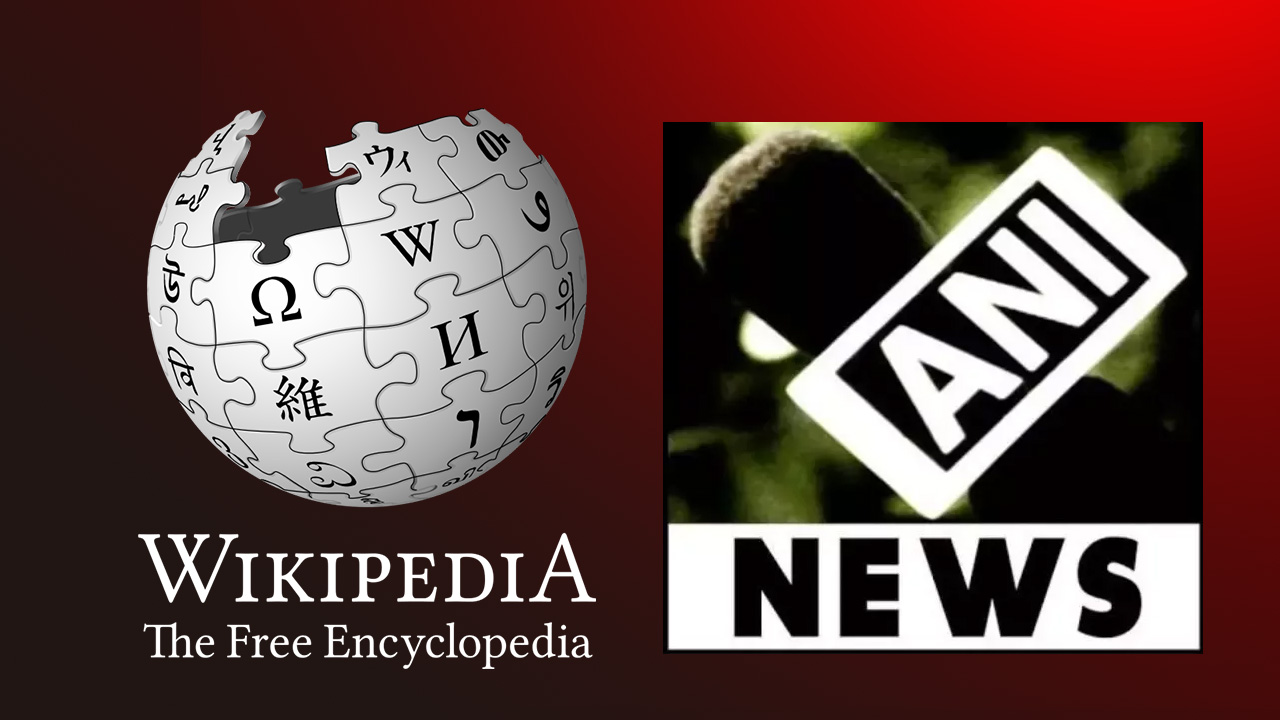Wikipedia and ANI’s Defamation Suit (GS Paper 2, Governance)

Background
- In 2024, Asian News International (ANI), an Indian news agency, filed a defamation suit against the Wikimedia Foundation and three Wikipedia administrators.
- ANI claimed that defamatory content on its Wikipedia page damaged its reputation.
- In response, the Delhi High Court directed Wikimedia to reveal the identities of the involved administrators, marking a key development in the case.
Key Allegations by ANI
ANI’s allegations against Wikipedia include:
Defamatory Statements:
-
- ANI’s Wikipedia page allegedly described it as a propaganda tool for the Indian central government.
- The page accused ANI of distributing content from fake news websites.
- The page also claimed ANI was involved in misreporting events.
Editing Issues:
-
- Attempts by ANI-related editors to correct or amend these claims were reportedly reversed by independent Wikipedia editors.
- As a result, ANI’s page was placed under 'extended confirmed protection', limiting editing by ANI-affiliated users.
Legal Accusations:
-
- ANI argued that Wikimedia violated safe-harbour provisions under India’s Information Technology Act, 2000 and the IT (Intermediary Guidelines and Digital Media Ethics Code) Rules, 2021.
- ANI demanded that both Wikimedia and the administrators be held liable for hosting and publishing defamatory content.
How Does Wikipedia Function?
Wikipedia is a community-driven platform, where content is created and edited by volunteers. Key aspects of its operation include:
Editorial Process:
- Anyone can edit articles as long as the changes are supported by reliable sources.
- Original research is not allowed, and any unpublished arguments are removed.
Protection Measures:
- Pages on controversial topics are often placed under 'extended confirmed protection' or 'full protection' to maintain neutrality and prevent vandalism.
- These protections restrict edits to trusted users or administrators.
Roles and Responsibilities:
- Administrators: Elected by the Wikipedia community based on their reputation and experience. Wikimedia does not participate in their selection.
- Wikimedia’s Role: It provides the technical infrastructure for the platform and supports the editing community, but it is not directly responsible for the content posted by users.
Legal & Structural Implications
Safe-Harbour Status:
- The safe-harbour provision protects platforms like Wikimedia from liability for content posted by users.
- ANI’s lawsuit challenges this protection, which could make Wikimedia accountable for content on Wikipedia.
Impact on Wikipedia:
- Loss of Anonymity: If the court orders the disclosure of editor details, it could deter volunteers from contributing to Wikipedia, fearing retaliation.
- Global Precedents: Censorship of Wikipedia has occurred in countries like China, Russia, and Pakistan, and India risks following this path, potentially damaging Wikipedia’s reputation as a platform for free knowledge sharing.
Initial Directives:
- The Delhi High Court initially ordered Wikimedia to disclose administrator details in a sealed cover.
- If Wikimedia fails to comply, the court has hinted at the possibility of blocking Wikipedia in India.
Wider Implications
Impact on Democracy:
- Wikipedia's open and democratic structure is crucial for free knowledge sharing.
- Any interference by the government or judiciary could undermine the platform's ethos and its role in promoting free speech.
India’s Legal Stance:
- The outcome of this case will demonstrate how India balances freedom of speech with accountability.
- It will also signal the country’s position on intermediary liability in the digital age.
Comparison with Other Nations:
- Countries like China and Russia have taken restrictive actions against Wikipedia, leading to widespread censorship.
- India faces the risk of aligning with these precedents, which could have serious implications for digital freedom and information access.
Conclusion
- The defamation case between ANI and Wikimedia raises key questions about intermediary liability, the nature of community-driven platforms, and the limits of freedom of expression.
- While ANI seeks to hold Wikimedia accountable, the broader consequences for Wikipedia’s operations and India’s democratic values are significant.
- A balanced approach is necessary to ensure that both accountability and the open nature of platforms like Wikipedia are preserved.
- The case has the potential to shape the future of digital platforms and freedom of speech in India.


